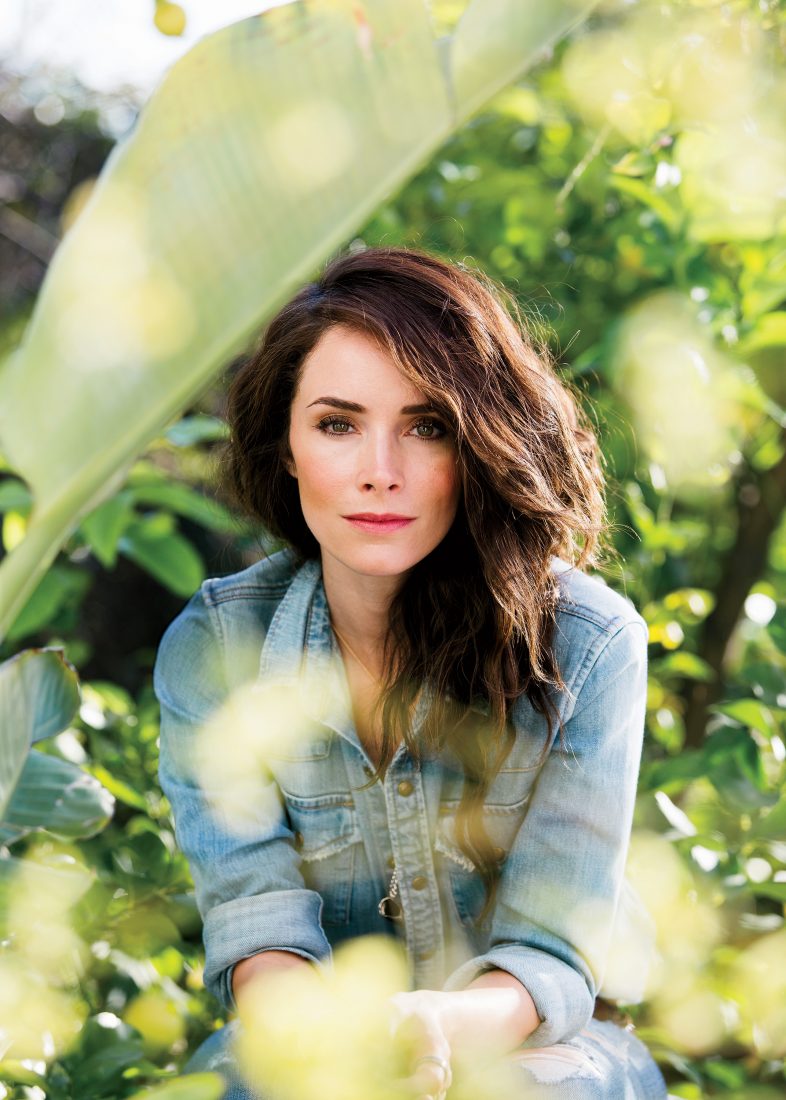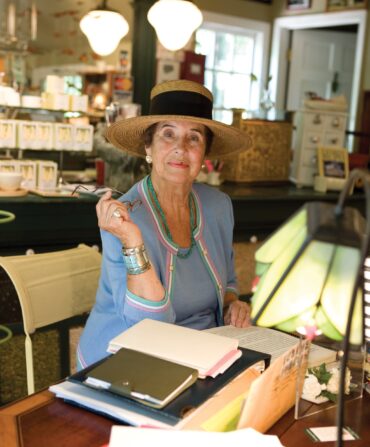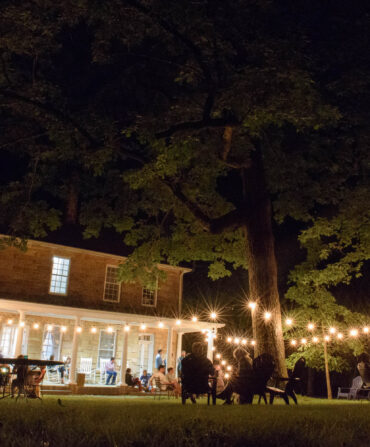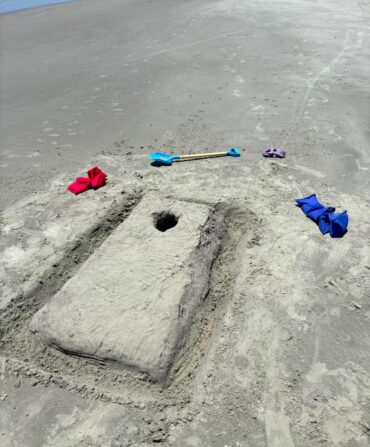Abigail Spencer is in the midst of her coming-out party. Following a steady ascent launched by a game-changing stint on Mad Men a few seasons back, this summer the Florida-bred actress will appear in two of the most talked-about shows on television. Rectify, the Sundance Channel’s acclaimed Southern gothic series set in Georgia, begins its third season with Spencer reprising her role as Amantha Holden, the sister of a wrongly convicted man. Concurrently, on HBO, Spencer will join the cast of the much-anticipated (and highly secretive) second season of Nic Pizzolatto’s True Detective. Add that to the star turn she took in this spring’s art-heist thriller The Forger, and an upcoming romantic comedy she wrote and co-produced with James Franco, and it’s likely the buzz surrounding the thirty-three-year-old will only continue to mount. We caught up with Spencer between takes to talk about her Gulf Coast upbringing, her surf-champion father, and her current wave of marquee momentum.
You grew up in a small beach town.
In Gulf Breeze, right across the three-mile bridge from Pensacola. The sand is like sugar. The water is pure turquoise. It’s like the Caribbean. Every time I go back, I see the area thriving but keeping that Gulf Coast beach culture you find in Mississippi and Alabama, too.
Your father, Yancy, has been called the father of Gulf Coast surfing.
He was very much on the forefront of the surfing scene down there. He was on the beach one day when he was fifteen with a friend who had some surfboards. His friend seemed more interested in the girls on the beach, so my dad took out one of the boards. He caught his first wave and got tubed, but he noticed that everyone on the beach was watching him. He fell totally in love with surfing that day. He eventually ran a surf shop, called Innerlight. I think one of the reasons my dad got so good [he won the East Coast Pro in 1972] was the Gulf Coast surf conditions. Florida surfers learn how to be great on mediocre waves. It trains you, gives you endurance. He was such an artist when it came to surfing. He was my biggest influence.
You had a serendipitous first break while attending a taping of Live with Regis and Kathie Lee. How did that happen?
My dad met Kathie Lee at a surfing contest, when she had just become a Junior Miss pageant contestant. They became friends and stayed in touch over the years. When I was seventeen, I flew to New York to audition for theater schools, and my dad got my mom and me tickets to the show. Kathie Lee started by saying, “We have a very special guest in the audience.” I thought, “Oh my gosh, David Letterman is here,” because he and Kathie Lee were really good friends. But then she says, “Abigail Spencer is here with us today. Abigail, tell everyone what you’re doing here in New York.” And all those giant cameras turned on me. I said I was a singer and an actress and a dancer, and that I was looking at colleges. I was green and had no fear. One of Kathie Lee’s assistants started calling some casting directors during the show, as a favor. Judy Blye Wilson, the casting director of All My Children, happened to be watching the live feed of the show and said she’d love to meet me. Judy was from Houston, a fellow Southerner. That eventually led to a screen test. Later, Judy called my mom at home and told her I got the part. My mom immediately came to my school and found me.
It took about a decade, though, before you got your big break in 2009 with a role on Mad Men.
There were so many ups and downs. I quit acting for a year. I started a band. I was a nanny. I hosted in a restaurant. I worked a lot and I failed a lot. But the whole time I was training. When I was twenty-six, I had my son. Nowadays that’s on the younger side, but I was ten years into my career and really found joy in motherhood. It was like my own rebirth. You’re going to think I’m crazy, but I had a dream I was on Mad Men around that time. Then the casting director for the show called my manager and said they had a role they wanted me to try out for [playing Don Draper’s teacher love interest, Suzanne Farrell]. I loved the character. I was ready. I had taken a break. I felt replenished. Mad Men was the first time anybody had really seen my work. That was the shift.
And it eventually led you to Rectify and, with that, a return to the South.
Ray McKinnon [the creator of Rectify] saw Mad Men and realized that his idea might have a home on TV. When I met Ray, I thought I’d gone to school with him. He grew up in a small town in Georgia. He’s a real Southern artist. I had never played anyone from the South. I thought most Southern pieces felt very contrived and made us look bad, to be honest. But I read Rectify and I thought, “This is authentic. These are people I know.” I could smell the way the house smelled. I knew the way my character thought.
You sound like you miss the South.
I do. I love it when I arrive and everyone’s like, “How are you? Do you need anything?” There is nothing like Southern hospitality. It’s such a beautiful and genuine thing. And there’s a lot of space to dream and think. The natural pace is so different from Los Angeles and New York.
Do you surf out in California?
Occasionally. I hate cold water! But I surf when I go home. I love the Gulf of Mexico.
Any favorite Gulf surfing spots?
A place on Pensacola Beach called the Cross, which is great. There’s also a secret spot in Panama City where everyone goes when there’s a hurricane for some great waves.

How about après-surf seafood shacks?
There’s a place in Destin called the Back Porch. It’s right on the beach, and almost looks abandoned. And then there’s Peg Leg Pete’s in Pensacola Beach. It’s one of a kind.
The first season of True Detective had a Southern feel to it. The second season takes place in California. Does any of the Southern sensibility carry over?
I think so. Nic Pizzolatto grew up three and a half hours away from me on the Louisiana Gulf Coast. He has a very distinct voice. There was a sense of how interconnected everyone and everything was in the first season, which was so Southern, and that carries over into season two. There is a shared knowingness I have with Nic, something to do with the Gulf Coast. When I read his script, I felt like I was a child again, inserting myself into the story. That’s why I got into acting in the first place, to do and feel just that.








